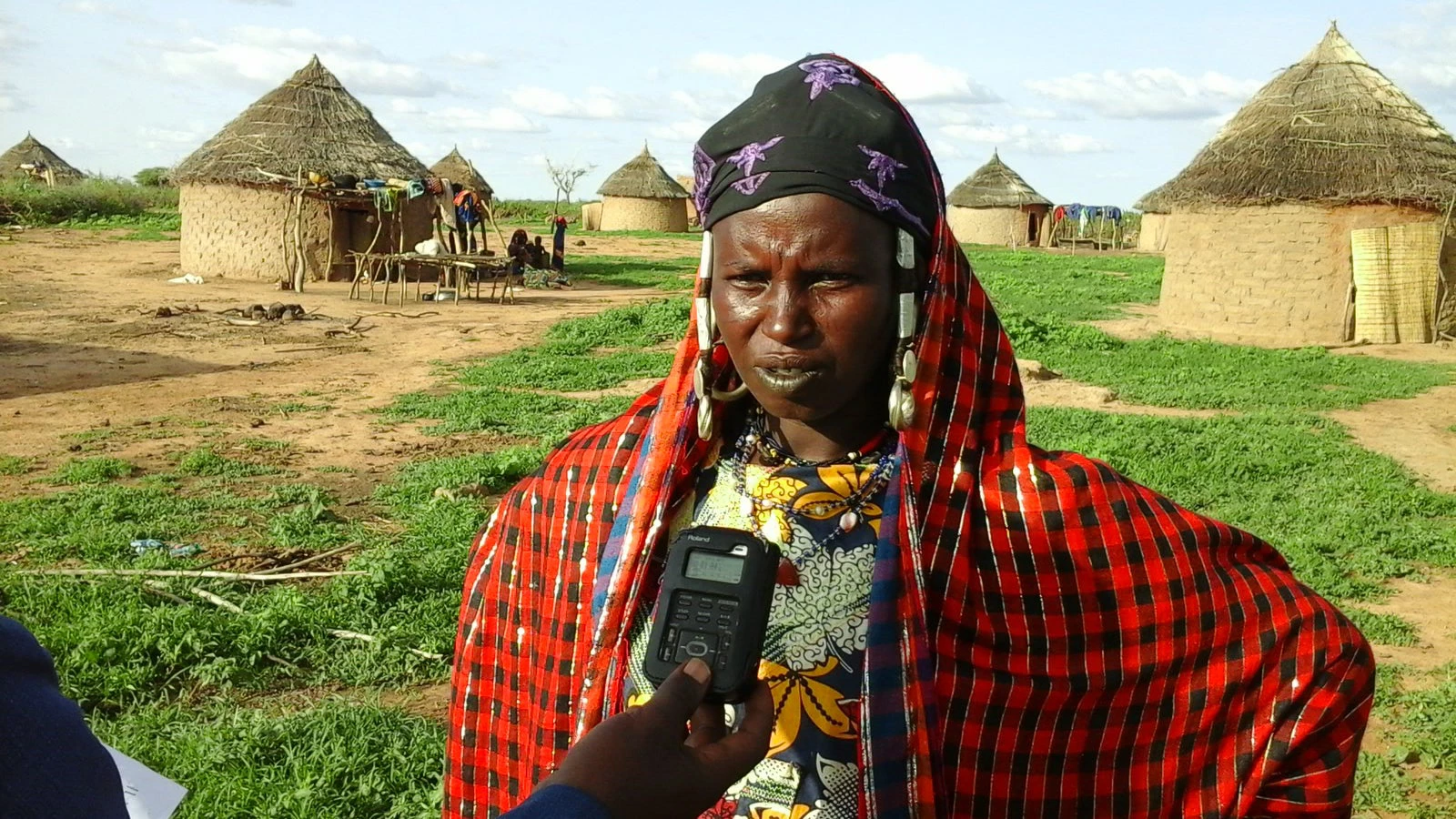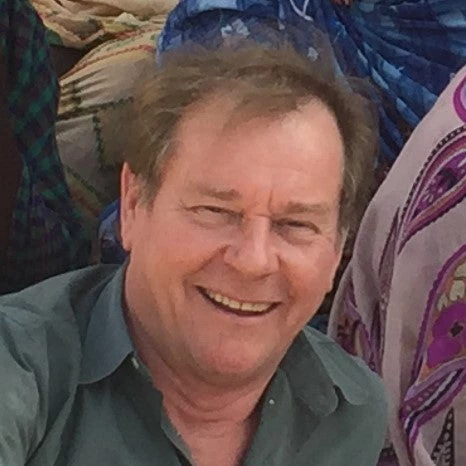 Hanassa Hamadou Diallo, a breeder from the village of Tagha, in Burkina Faso.
Hanassa Hamadou Diallo, a breeder from the village of Tagha, in Burkina Faso.
With headlines dominated by climate change, the migration crisis and the search for meat alternatives, it’s important to reflect on the experience of the people living on the move in the Sahel – and the opportunities simple interventions can open.
Consider that 75% of the Sahel is arid and semi-arid land – meaning too dry to support conventional crop farming. Rearing animals is the main activity available to households there, with a significant part of the 20 million pastoralists traveling with their livestock during the dry season. They are the original “climate adapters”, moving southward to coastal countries to follow moisture, then back northward during the wet season, relying on animals to convert inedible plants into nutritious milk and meat, while providing numerous environmental and economic co-benefits in an area where little-to-no alternative and affordable proteins exist.
But climate change, conflict and population growth are wreaking havoc with ancient mobility patterns and putting pastoral livelihoods under tremendous stress. Conflicts between pastoralists and sedentary people over natural resources have increased in the last 10-15 years, magnified by other sources of instability in the Sahel region.
In this context, the World Bank-funded Regional Sahel Pastoralism Support Project (known as PRAPS) is providing some welcome tools and approaches to advance prosperity in the region while preventing conflicts.
PRAPS includes complementary types of actions. The rehabilitation or construction of infrastructure gives pastoralists more secure access to natural resources and markets. This includes things like water wells, the marking of transhumance paths, livestock markets and resting areas. The project also provides local mechanisms to manage and resolve conflicts around this infrastructure and builds the capacity of implementing partners such as professional organizations and local authorities, to detect and prevent conflicts. Finally, PRAPS aims to strengthen the dialogue and agreements that facilitate the movement of pastoralists and their animals across borders. Other actions contribute to the livelihoods and resilience of pastoral people, such as improving livestock health, using early warning systems to prevent crises, and supporting income diversification activities.
What these investments in resource access, mobility and safety mean in practice was apparent in a series of interviews conducted with pastoralists in Burkina Faso last year.
For Amadou Brem, a herder in Seytenga, a rehabilitated fence and renovated market makes a big difference for his trade in cattle and goats: “The fence had fallen and was all dilapidated. Now that the market is renovated, it attracts merchants and customers. Thanks to PRAPS, animals are secured, and livestock herders get paid. In the past there was nowhere safe to keep the animals that had been purchased.” Because Seytenga is just 15 km from Niger, the market serves both local herders and herders from the neighboring country.
For Hanassa Hamadou Diallo, a resident of Tagha, mobility has become very difficult because of insecurity: “If someone goes on a transhumance, those in the village wait eagerly for news from that person and are worried until that person comes back. With the current situation, pastoralism is less mobile, and when it is not mobile it is not profitable.” She says the drilling of a well will make it easier to give water to her animals without traveling too far.
PRAPS has been instrumental in bringing other bilateral and multilateral donors such as the African Development Bank and the European Union to further support secured and sustainable pastoral systems in West Africa. However, as the Nouakchott Declaration on Pastoralism stated in October 2013, there is a need for other complementary activities such as increasing access to basic services and promoting political inclusiveness for pastoral people, to provide a more holistic response to pastoral challenges.
As contexts evolve, spurred by climate change, demography and political dynamics, it will be important to pay attention to the role of coastal countries that host transhumant herds during the dry season, so that the future of pastoral and sedentary livestock communities is not compromised. In that spirit, it’s welcome news that all countries and stakeholders are working under the leadership of ECOWAS to arrive at a common vision. It will be critical to help people of the Sahel not only move - but move forward.




Join the Conversation